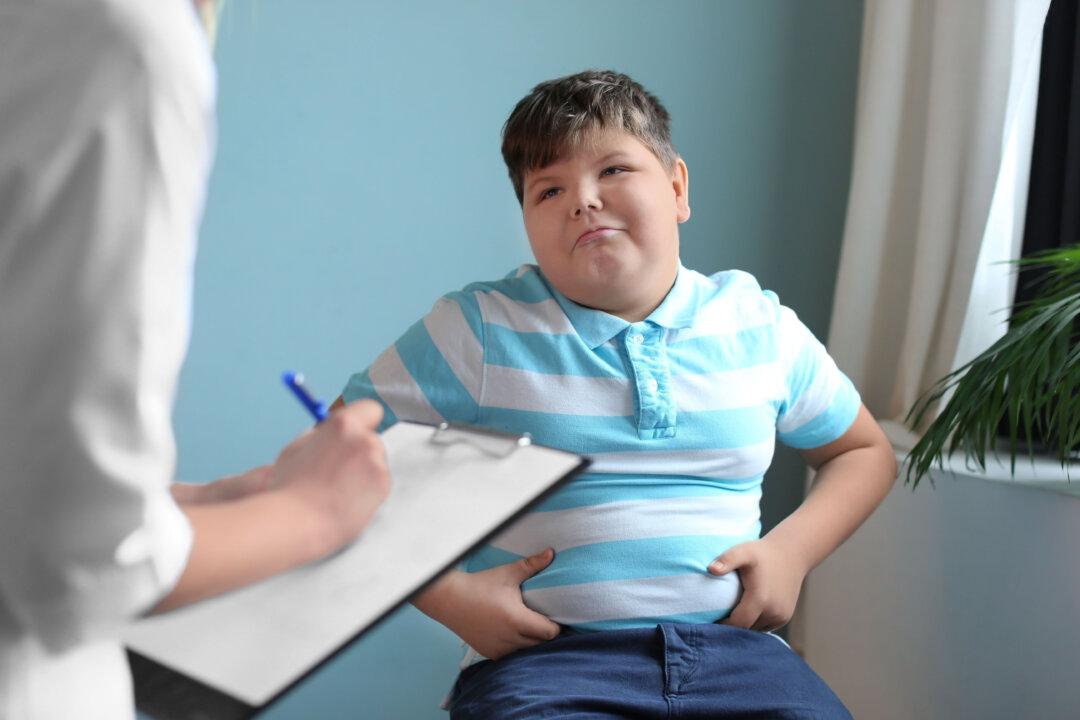Commentary
In today’s “woke” cultural climate, there are certain things you can’t say. You can’t say that chromosomes, and not surgery, hormones, and clothes, determine gender. You can’t say that 38,000 illegal immigrants are currently in U.S. prisons, according to The Associated Press. And you can’t say that children from single-mother households have issues.





